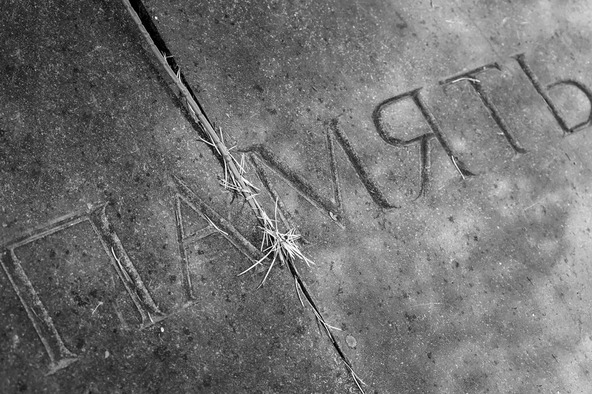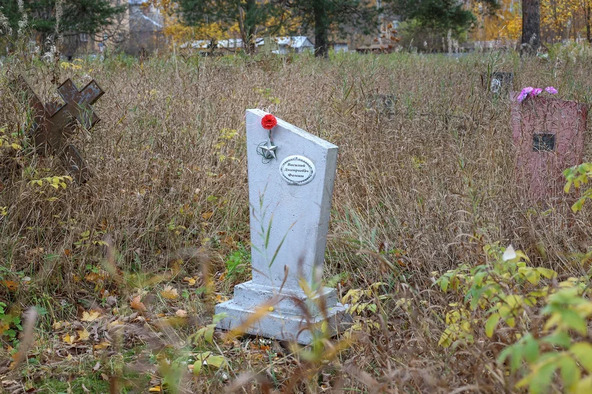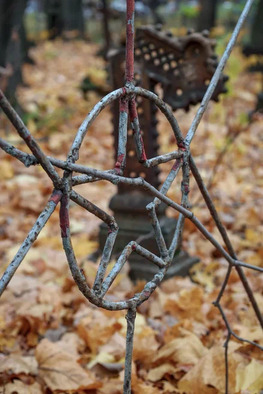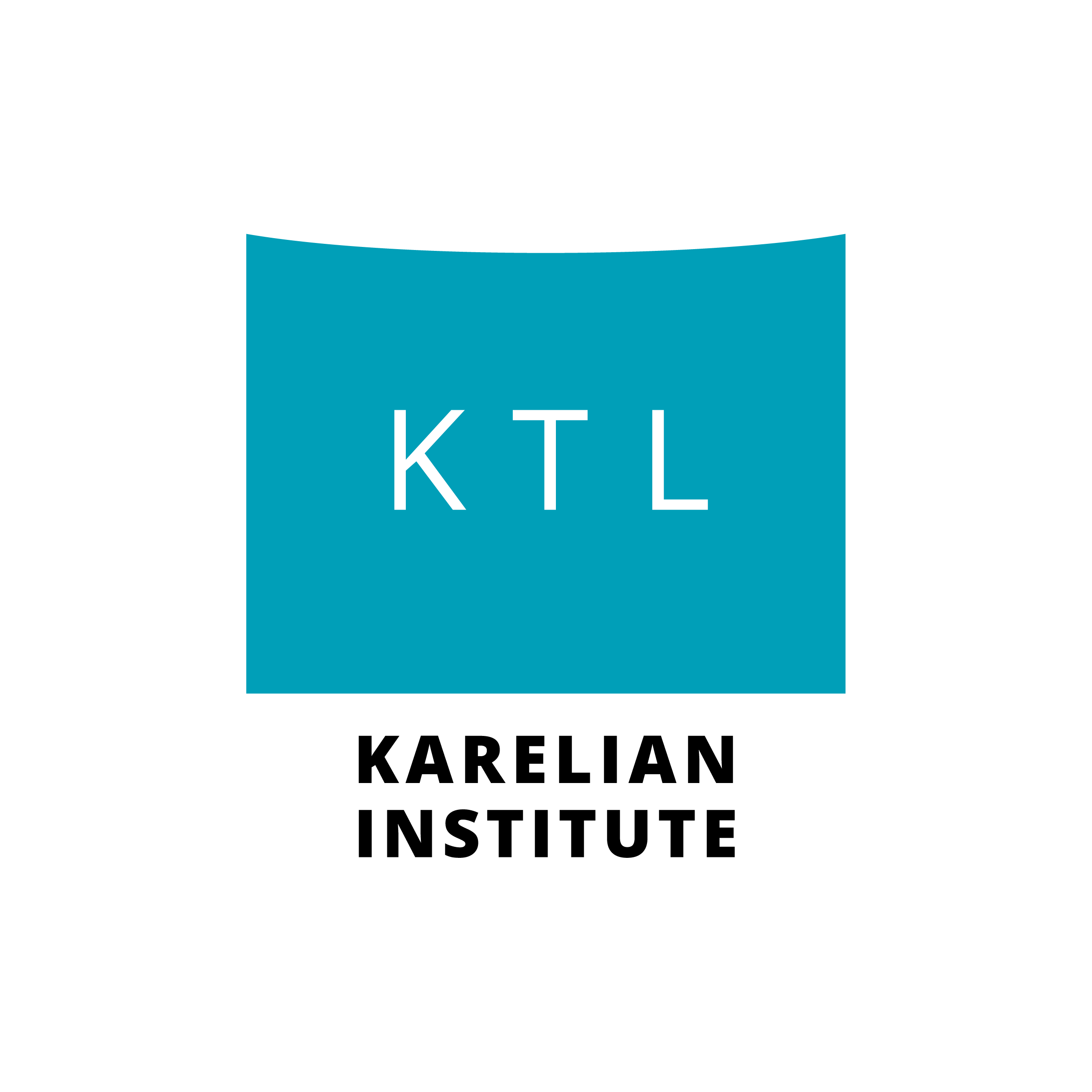After the Victory Day: Interview with Ivan Kurilla

Memory. Cemetery in Petrozavodsk. October 2021. Photo by Andrew Cilikov.
– Is death near?
Death is always nearby. Right now, it seems a bit closer. The Doomsday clock is set to 100 seconds to midnight (since 2020), the worst position since its creation in 1947. We should, however, remember that ‘Memento mori’ is an optimistic motto: presence of death urges us to act and to act freely. I hope many people these days start feeling freer than ever. No fear makes sense in the face of imminent death, – why be fearful of your petty boss? Why be afraid of the state regulations and new criminal punishment for protests that had recently become grotesquely inadequate?
– We are talking a couple of days after Russia celebrated Victory Day, which became a focal point of country’s national identity and a symbolism-packed event, whose underlying messages of heroism and victimhood seemed to unite most citizens. Due to Сovid, there was actually no celebration for two years. Did it affect what you observed on Monday?
I cannot say COVID-19 pandemic influenced the celebration much. One change was present, however: during the pandemic shutdown the activity of the Immortal Regiment moved online. When this year the official propaganda made it clear they plan to use Immortal Regiment procession to justify the war in Ukraine, the Immortal Regiment organizers from Tomsk announced that they refused to participate in the organization and to take any responsibility for the slogans and symbols used during the march. Instead, they would continue to develop a digital version of the Immortal Regiment – an Internet archive and database. Such a move became possible due to the huge rise of the online projects in the last two years.

Cemetery in Petrozavodsk. October 2021. Photo by Andrew Cilikov.
– History has accelerated. The impossible has suddenly become possible. Russia launched a large-scale invasion of Ukraine in largest European attack since World War II. This year Victory Day commemorations passed in circumstances no one imagined two years ago. What were look like this year?
I think not Covid but the war in Ukraine affected the celebration. The regime cancelled airshow in many cities due to weather conditions, but many observers link the cancellation to the war: either fear of the enemy attack on the plane with an anti-aircraft missile, or the air attack on the state leaders. Even if these observations are groundless, they are widely discussed, and this says a lot about the mood in this year Victory Day.
I went to watch Immortal Regiment procession on Nevsky Avenue, St.-Petersburg, this year and can attest that there were just few officially promoted symbols of this war, like letter “Z”, but a huge number of the USSR flags.
It looks for me as a popular search for a different identity: the old post-Soviet identity does not rhyme with the war against Ukraine, while the USSR was doing such things repeatedly. Should we go back and imagine ourselves Soviet citizens again?
I can also share with you my feelings when I saw tanks and missiles rehearsed for the parade few days ago. I could not stop thinking that exactly similar tanks were killing people in Ukraine at that moment. There was no joy in that view, just sadness.
– Did you see a deliberate use of Z-symbols? Do you have any reasonable explanations?
I did see some Z-symbols, but not many. They were absent from the military machines used in the parade, there were just few cases of the use of Z by the Immortal Regiment procession in St. Petersburg. However, I read the news that Z-symbols were enforced in many provincial cities.
My explanation of relatively rare use of Z is that the symbol is not considered particularly successful one, so the authorities are in the process of a search for a better replacement. “Babushka with a red flag” is one option, other Soviet symbols are in the waiting room.

Cemetery in Petrozavodsk. October 2021. Photo by Andrew Cilikov.
– It seems to me that right now some Russians started to realize what is happening in Ukraine. Can you argue that Victory Day itself will never be the same again either?
I am sure the Victory Day will never be the same. In one line of the future event, it will be demilitarized, and an Immortal Regiment or maybe some other grassroot movement would be the way to remember the horrors of war and mourn victims. In other line of the future, it would become totally militarized, with no human side altogether.
One of the consequences of the propagandists’ overuse of the language borrowed by them from the World War II is that the crimes of the new war are now projected on the old one. If the people will feel a shame because of the atrocities of the Ukrainian war, – how could they keep the pride of the war their grandfathers fought? For me, it is hard to imagine, and this is a catastrophe for the Russian identity as we knew it.
– Thank you very-very much.
Thank you, Oleg.
Professor Ivan Kurilla is a leading expert on contemporary historical memory. He published articles, and edited volumes on the use of history, politics and the art of commemoration, and historical politics in Russia and the post-Soviet space.
His articles have been published in the leading Russian historical journals, as well as in the Journal of American History, Demokratizatsiya, Journal of Cold War Studies, Problems of Post-Communism, and Nationalities Papers.
The interview was led by Oleg Reut on behalf of the Transnational Death Project
Previous article: interview with prof. Goode
Author

Oleg Reut
projektitutkija
Karjalan tutkimuslaitos